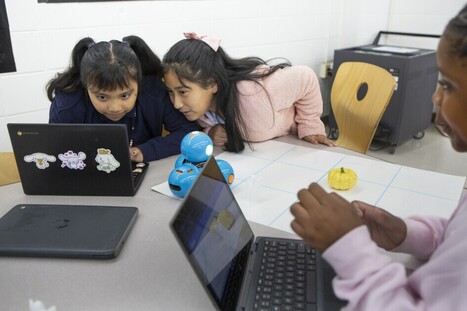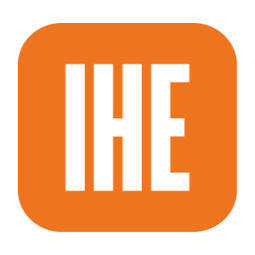"AI tools can feel like magic: They’re fast, they’re fluent, and they present their results confidently. They can lull even veteran teachers into accepting polished output before they’ve really thought through the specific context or nuance their students need.
You might, for example, ask AI to generate class discussion questions that seem viable at first look. But when you evaluate them more deeply, you realize the questions don’t lead students where you want them to go. Or AI might suggest sample roleplay exercises for your class that seem usable but ultimately lack the depth and context only you can provide."







 Your new post is loading...
Your new post is loading...


























"ChatGPT (and the models behind it) revealed for the first time how many of its users engage in deeply personal, vulnerable conversations — and by extension, how much the company can know about us."